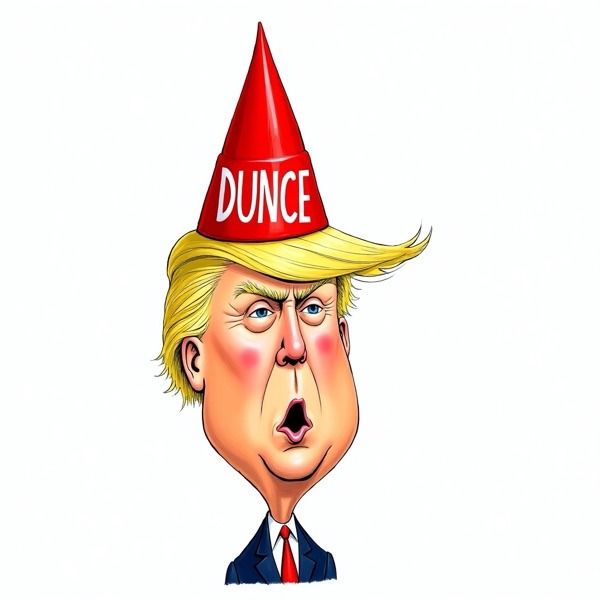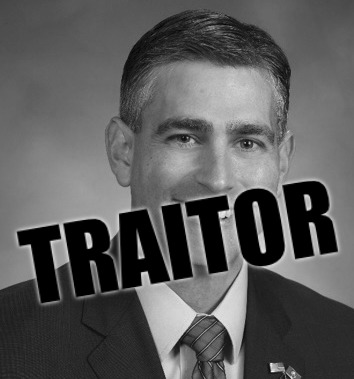In a dramatic shift, America’s closest allies are increasingly shutting the U.S. out of key intelligence-sharing and defense arrangements, citing a lack of trust in President Donald Trump and his administration. The once-strong Five Eyes intelligence alliance—comprising the U.S., UK, Canada, Australia, and New Zealand—now appears to be functioning as a “Four Eyes” group, with the United States excluded from certain high-level intelligence exchanges. Meanwhile, Ukrainian President Volodymyr Zelensky has called for the creation of a European army, warning that Europe can no longer rely on Washington for security.
The U.S. intelligence community, already under strain from Trump’s ongoing purge of officials he views as disloyal, is now facing an unprecedented break with its closest allies. The UK and Australia, in particular, are said to be withholding certain classified intelligence, fearing that Trump or his appointees could leak sensitive information or use it for political purposes. The recent appointment of Tulsi Gabbard as Director of National Intelligence—who has a history of criticizing U.S. intelligence agencies and defending whistleblowers like Edward Snowden—has only deepened those concerns.
No one voted for this when they voted for Trump. There was no campaign promise to dismantle Five Eyes or weaken America’s leadership within NATO. Yet, in just weeks, his administration has managed to drive a wedge between the U.S. and its most important security partners. European leaders are now being forced to explore alternative defense strategies, including the very thing Trump claimed to oppose—a stronger, more independent European military alliance.
Speaking at the Munich Security Conference, Zelensky made it clear that Europe must prepare to defend itself without American guarantees. He pointed to the ongoing war in Ukraine and Russia’s growing aggressiveness, warning that the U.S. shift toward isolationism could have disastrous consequences for European security. His proposal for a unified European army is gaining traction, particularly in Germany and France, where leaders have already been pushing for greater military independence.
Trump’s approach to Ukraine has only reinforced these fears. His demand that Kyiv compensate the U.S. with rare earth minerals in exchange for military aid has been widely criticized, even within Republican circles. The message to Europe is clear: under Trump, U.S. military support comes with strings attached, and allies can no longer assume America will uphold its traditional security commitments.
Within the Five Eyes alliance, the consequences of this shift are immediate. Canada and the UK, which have historically relied on U.S. intelligence to combat terrorism and cyber threats, are now forming new bilateral agreements that bypass Washington. Australia, which has long been one of America’s closest security partners, is reportedly strengthening ties with European intelligence agencies instead. The trust that has defined Five Eyes for decades is rapidly eroding.
For America, the consequences could be severe. Five Eyes has been a cornerstone of U.S. global influence, providing unparalleled access to global intelligence and strengthening its position in diplomatic and military affairs. If allies continue limiting the intelligence they share, U.S. agencies will be operating with critical blind spots—making the country more vulnerable to terrorist attacks, cyber warfare, and geopolitical surprises.
Meanwhile, European efforts to build an independent military force are accelerating. While past attempts at European defense integration have stalled due to political divisions, Trump’s unpredictability has given new urgency to the project. A stronger European military could fundamentally alter the balance of power within NATO, potentially reducing America’s role within the alliance and further diminishing its global leadership.
Trump’s supporters may have wanted a stronger America, but the reality is that his policies are leaving the U.S. weaker and more isolated. The decision to sideline intelligence agencies, insult allies, and condition military aid on economic deals has shaken global confidence in Washington. European leaders, once reluctant to break from the U.S., are now actively planning for a future where America is no longer the world’s primary security guarantor.
None of this was on the ballot in 2024. The American people did not vote to weaken alliances, jeopardize national security, or force Europe into forming its own military force. Yet, within just weeks of Trump’s return to office, that is exactly what is happening. Allies are looking elsewhere for leadership, and the world is adapting to an America that can no longer be trusted to stand by its commitments.





